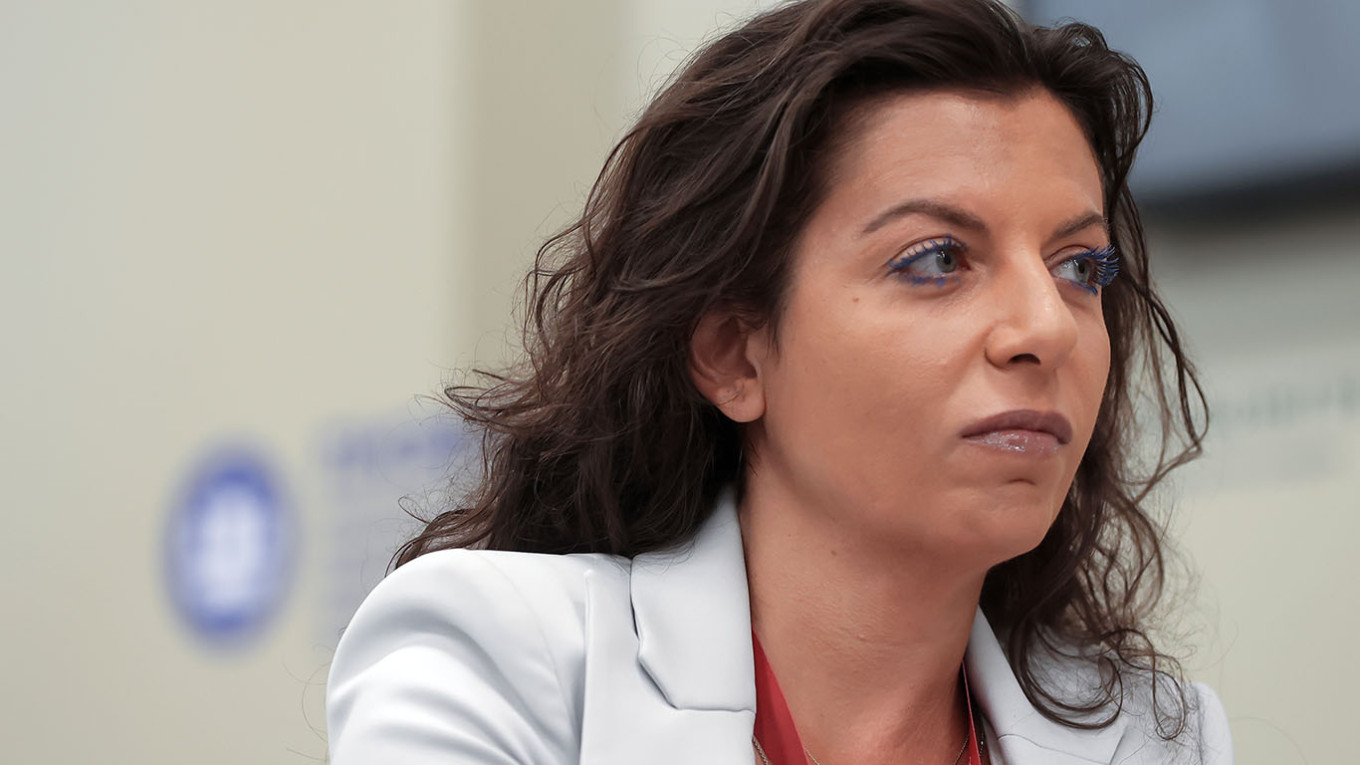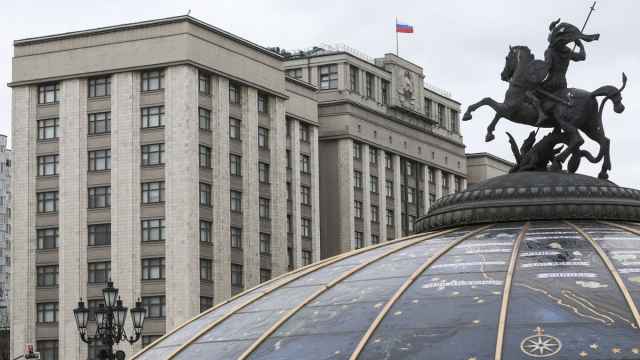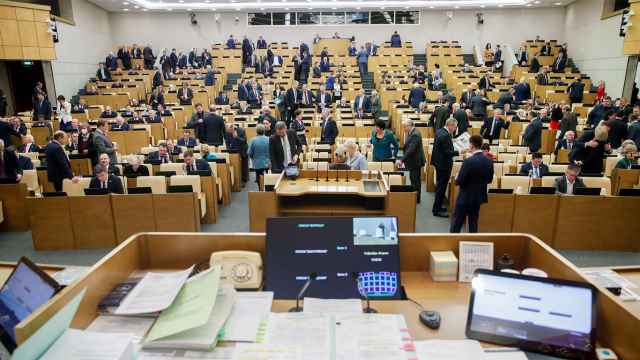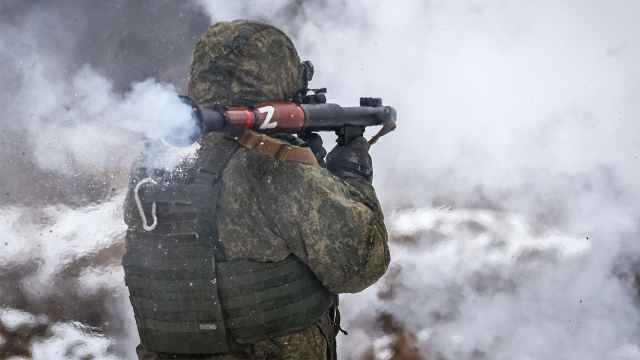A growing chorus of pro-Kremlin figures is speaking out against a proposed law that would impose fines for accessing or searching for online content labeled “extremist” by Russian authorities.
The bill, which was passed in its first reading in the lower-house State Duma on Thursday, envisions fines of up to 5,000 rubles ($64) for individuals who “knowingly” view or search for banned content. It does not specify how such activity would be detected, prompting concerns from experts about increased surveillance and possible abuse by law enforcement.
Yekaterina Mizulina, head of the Kremlin-aligned Safe Internet League, said the legislation could backfire on police, as well as those who support the Kremlin and help authorities in their crackdown on dissent.
“We actively monitor this kind of [“extremist”] content and share findings with law enforcement as part of our chartered mission,” Mizulina wrote on Telegram.
“What’s most striking is that under the draft law, even Interior Ministry officials monitoring such content could technically be acting illegally. And any private citizen who reports, say, [potential school shooters] to law enforcement could also face fines,” she added.
Margarita Simonyan, editor-in-chief of the state-funded RT news network, also criticized the bill.
“Dear government, tell me, plz, how are we supposed to carry out investigations and throw shade on all types of extremist groups like FBK if we are barred from even reading about them?” Simonyan wrote on Telegram, referring to Alexei Navalny’s Anti-Corruption Foundation, which Russia outlawed in 2021.
“I hope there will be changes,” she added.
Amnesty International, a London-based NGO, earlier decried the bill as “vague and overly broad,” warning that it enables arbitrary enforcement.
“Once again, the Russian authorities are disguising their relentless persecution of dissent as countering ‘extremism,’” said Marie Struthers, Amnesty’s Eastern Europe and Central Asia director.
“In today’s Russia, ‘extremist’ materials could be anything from a book promoting same-sex relationships to social media posts by opposition groups,” Struthers added.
The Kremlin on Thursday declined to comment on the controversy surrounding the bill, but acknowledged that the “issue has clearly sparked a strong public reaction.”
Authorities in Moscow currently maintain a list of around 5,500 banned “extremist” materials, including books, religious texts, songs, films and other media.
If lawmakers pass the bill and President Vladimir Putin signs it into law, it would take effect on Sept. 1.
A Message from The Moscow Times:
Dear readers,
We are facing unprecedented challenges. Russia's Prosecutor General's Office has designated The Moscow Times as an "undesirable" organization, criminalizing our work and putting our staff at risk of prosecution. This follows our earlier unjust labeling as a "foreign agent."
These actions are direct attempts to silence independent journalism in Russia. The authorities claim our work "discredits the decisions of the Russian leadership." We see things differently: we strive to provide accurate, unbiased reporting on Russia.
We, the journalists of The Moscow Times, refuse to be silenced. But to continue our work, we need your help.
Your support, no matter how small, makes a world of difference. If you can, please support us monthly starting from just $2. It's quick to set up, and every contribution makes a significant impact.
By supporting The Moscow Times, you're defending open, independent journalism in the face of repression. Thank you for standing with us.
Remind me later.






